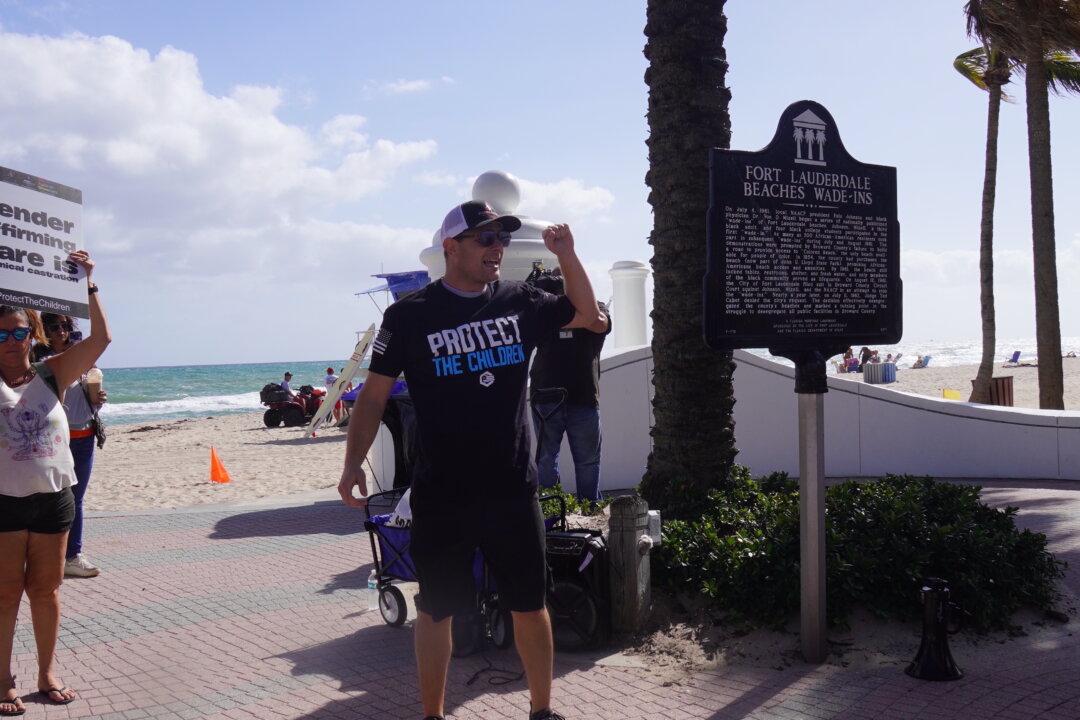PUNTA GORDA, Fla.–The Florida Fish and Wildlife Conservation Commission (FWC) is investigating the killing by sheriff’s deputies of a black bear that wandered into a residential neighborhood in Palm Beach County over the weekend.
Black bear sightings are not uncommon in parts of Florida, and FWC wants to determine why deputies chose to shoot a young 6-foot, 300-pound black bear instead of having it tranquilized or trapped so it could be moved to a 700-acre nature preserve only blocks away.
The Palm Beach County Sheriff’s Office, in a released statement, said the bear was killed for the sake of keeping neighborhood residents safe and traffic concerns, and that they “had no choice but to shoot it.”“A report will be available soon, hopefully by the end of the week,” FWC spokesperson Arielle Callender told the Epoch Times.




